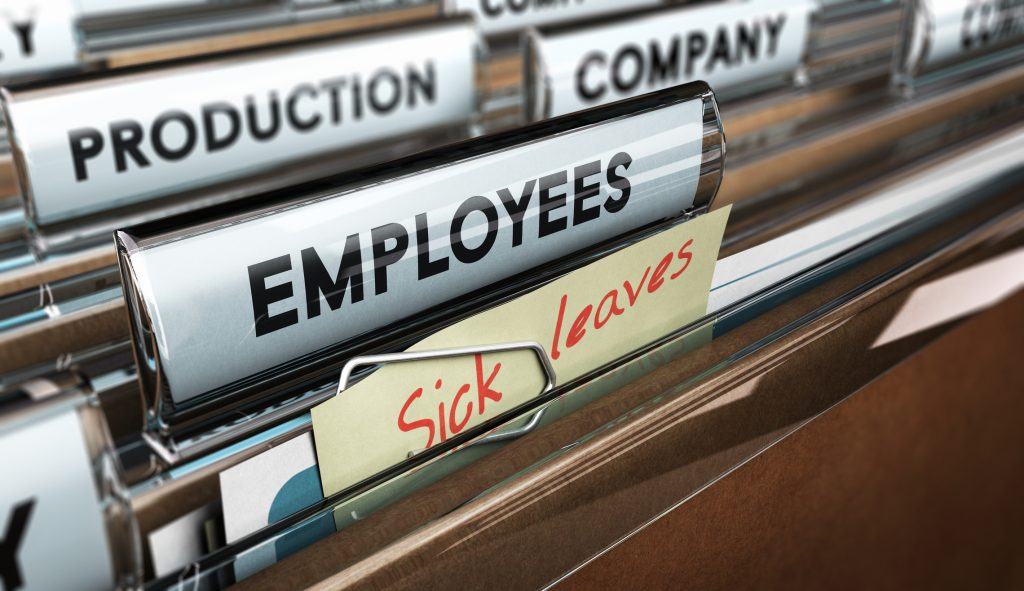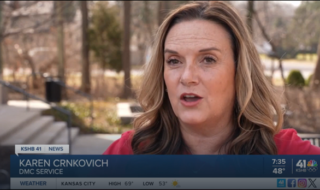Topics:
March 3, 2023 Last Edit: June 5, 2025
Small Business Thankful for the Demise of Predictive Scheduling Bill

State:
Get to know NFIB
NFIB is a member-driven organization advocating on behalf of small and independent businesses nationwide.
Related Articles

February 18, 2026
NFIB Reacts to Illinois Gov. Pritzker’s State of the State Speech
NFIB will continue fighting in Illinois for pro-small business policies
Read More


February 18, 2026
NFIB Reacts to Wisconsin Governor Evers’ State of the State Speech
NFIB urges Wisconsin Governor Evers to work with Republicans to solve problems
Read More


February 18, 2026
Key Illinois Legislation that Could Impact Small Business
Over the past few weeks, Illinois legislators have filed thousands of bills—here are a few that could impact small businesse
Read More


February 17, 2026
WATCH: NFIB Kansas Small Business Owner Member Discusses State of the Economy with KSHB 41
KSHB 41’s Grant Stephens highlights the latest Small Business Economic Trends (SBET) survey findings
Read More







